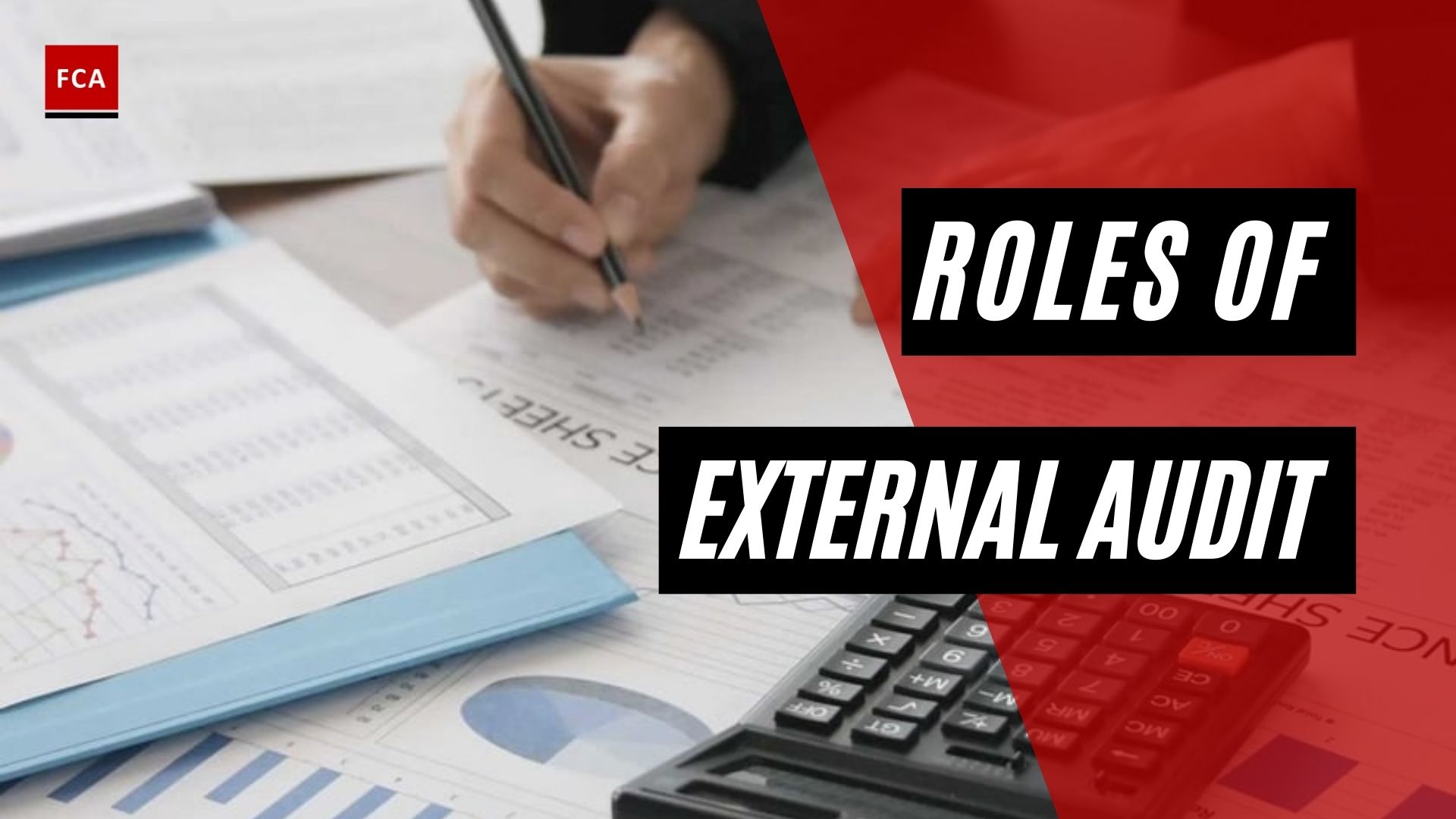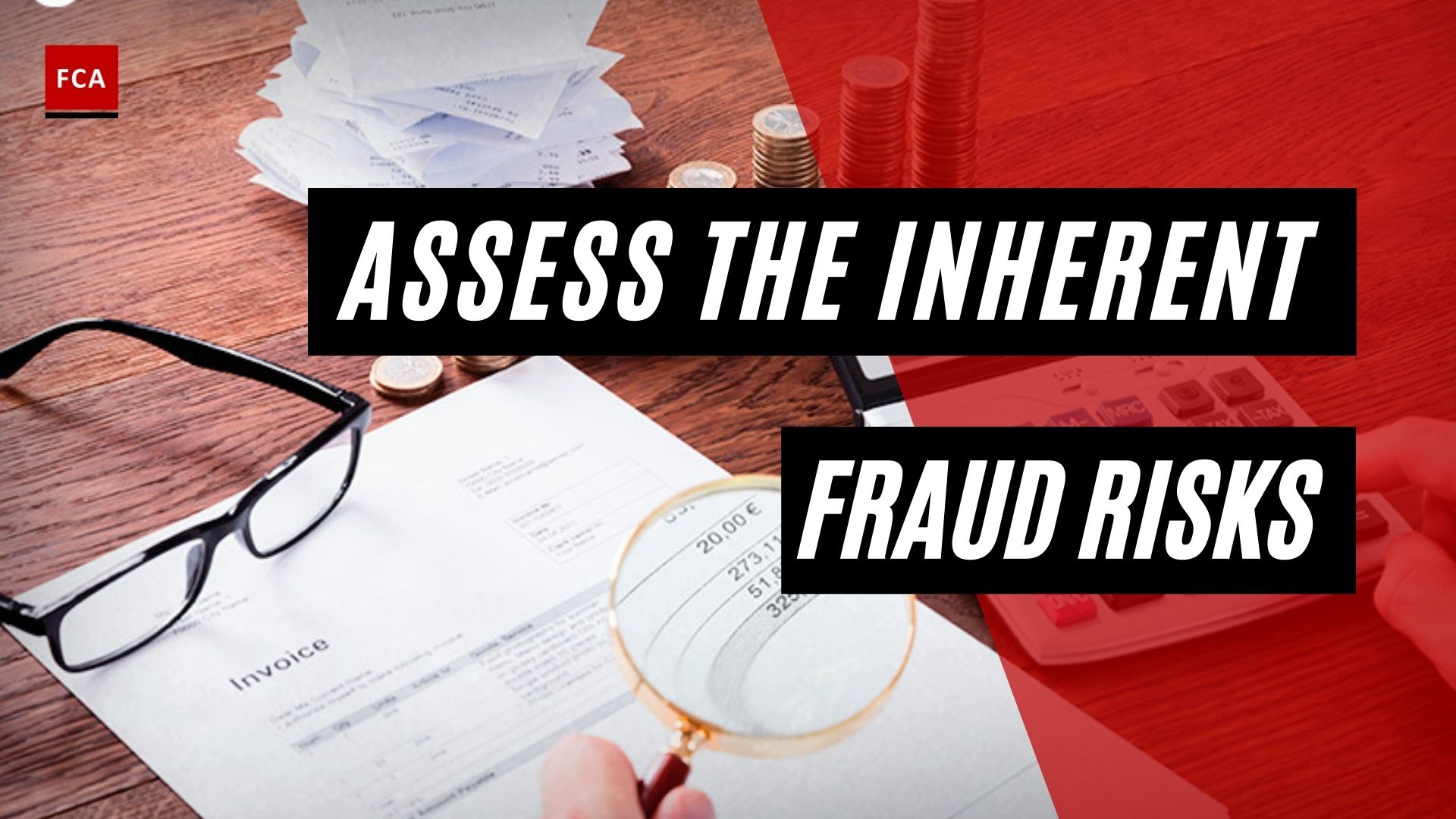Overview of internal controls. Internal control refers to processes, policies, and plans designed and developed by the board of directors and implemented at all levels through senior management of an organization. Internal controls are the mechanisms, rules, and procedures that a company implements to ensure the accuracy of financial and accounting information, promote accountability, and prevent fraud.

Overview Of Internal Controls
Internal control is the responsibility of everyone working in the organization. Internal controls help in avoiding surprises and help an organization to move towards the achievement of its objectives and mission. Internal control provides reasonable assurance about the effectiveness and efficiency of operations, reliability of financial reporting, and compliance with laws and regulations.
A internal control system consists of operational, financial, and compliance controls. The purpose of such a system is to achieve the organization’s objectives. The internal control system ensures that the business activities are efficiently run and that the information obtained and produced is reliable. All applicable laws and regulations are complied with by the management and employees of the organization.
A strong internal control system supports the board of directors and senior management of an organization in the identification, assessment, and mitigation of various types of risks and threats which may be encountered in the fulfillment of business objectives. Risks to which an organization may be exposed include operational, compliance, and financial risks. Such risks may relate to different departments, functions, or units within an organization.
An internal control system encompasses the hierarchy, policies, processes, and operating procedures of an organization that, taken together, minimize the chances of occurrence of risks and ensure effective running of business operations.
A robust internal control system aims to safeguard physical assets and information from being accessed and used by unauthorized personnel. Assets may be physical assets such as property, plant or equipment and intangible assets such as software or patents.
Internal controls system requires the development and maintenance of processes and records that generate timely, relevant, and reliable information and ensure compliance with applicable laws, regulations, and internal policies. An effective internal control system reduces the possibility of significant errors or lapses by management and employees and assists them in their timely detection for appropriate mitigation.
Internal control system varies from organization to organization and is built depending on the size and business requirements of the organization. Organizations may be classified into three types to understand their need for internal controls.

Avoid Negative Attitudes
Negative attitudes towards internal controls system lead to non-compliance with components of internal controls system, which include governance, policies, procedures, and standard operating procedures. A strong tone from the top regarding internal controls and risk management cultures causes inculcation of compliance culture within the organization’s management and employees.
Negative attitudes of the employees towards the internal controls system may be an indication of fraud risks because non-acceptance of controls means doing work without transparency and accountability. It is the responsibility of everyone in the organization to accept the internal controls system, formulated by Board and Management, to ensure that organization reaches its goals and objectives. This happens when the management identifies key and critical people and positions in the organization and mandates establishing strong controls and compliance culture with zero tolerance.
Departmental heads are required to assess the behavior of employees working in their department to identify any negative attitude towards internal controls or acts of employees where controls were breached. In such cases where controls are intentionally breached, the departmental head must take disciplinary action as per the organization’s policies
. No intentional breach should go unattended from an accountability point of view. In case of unintentional controls breach, appropriate guidance should be provided, and where necessary, training should be arranged for the employees.
Significant controls breaches and negative behavior towards the internal controls system must be investigated in detail with the collaboration of the fraud risk management department to identify potential fraud risk factors or occurrence of frauds not reported earlier. Such significant controls breaches must be escalated to the management level for appropriate guidance and feedback. Management needs to assess the situation and accordingly provide feedback to the departmental heads to ensure that breaches are avoided.
Final Thoughts
Internal controls are the mechanisms, rules, and procedures that a company implements to ensure the accuracy of financial and accounting information, promote accountability, and prevent fraud. Internal controls can help improve operational efficiency by improving the accuracy and timeliness of financial reporting, in addition to complying with laws and regulations and preventing employees from stealing assets or committing fraud.









